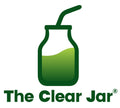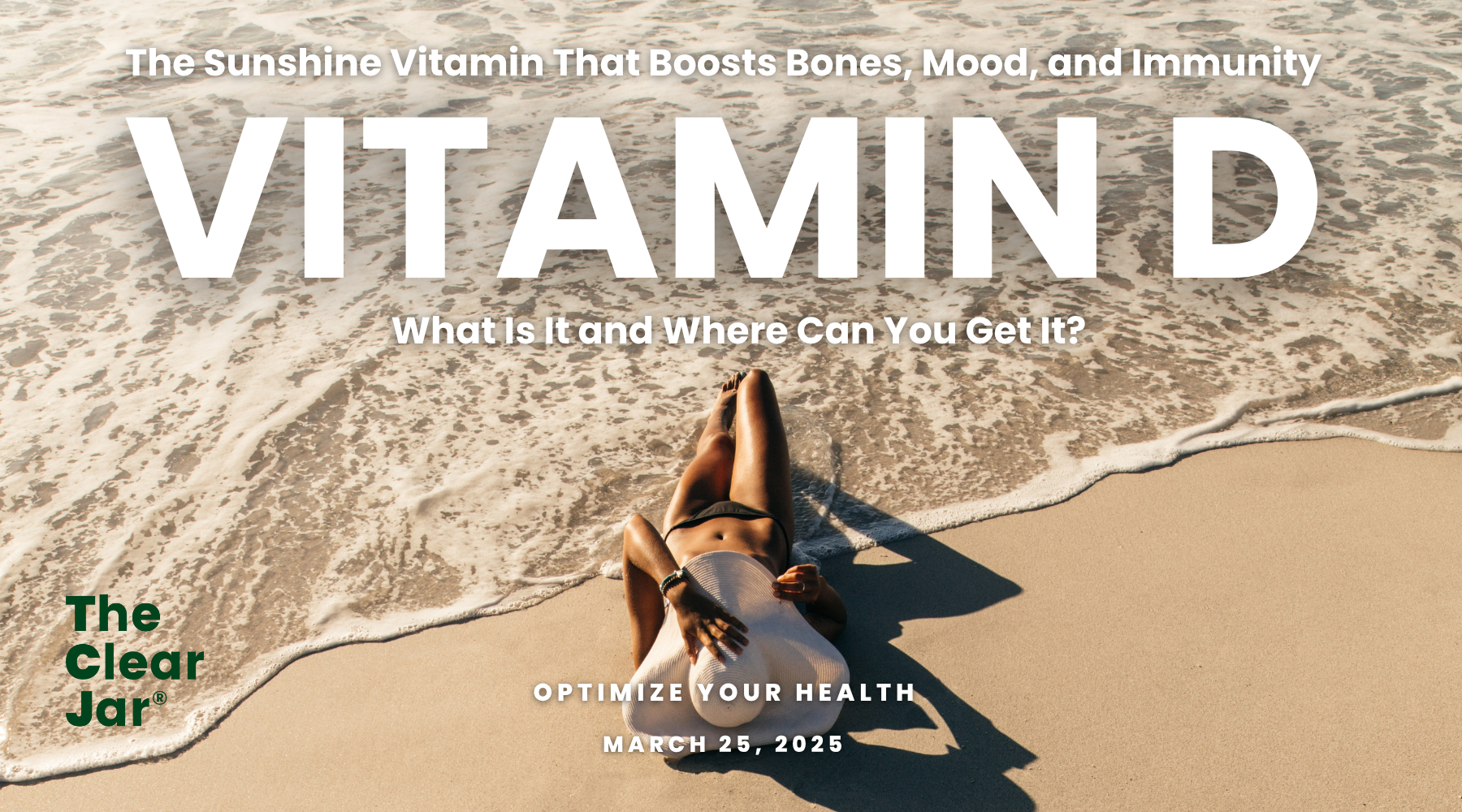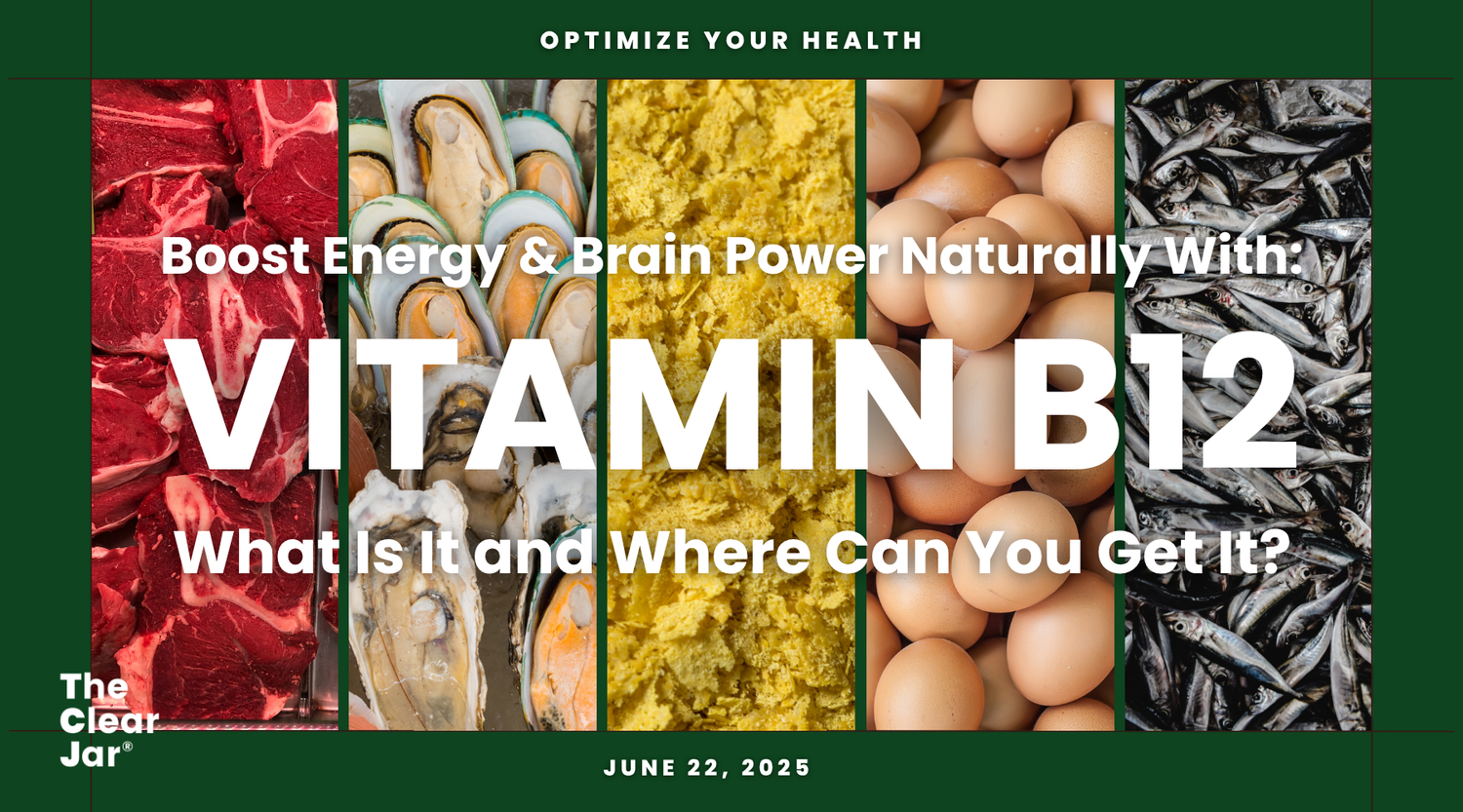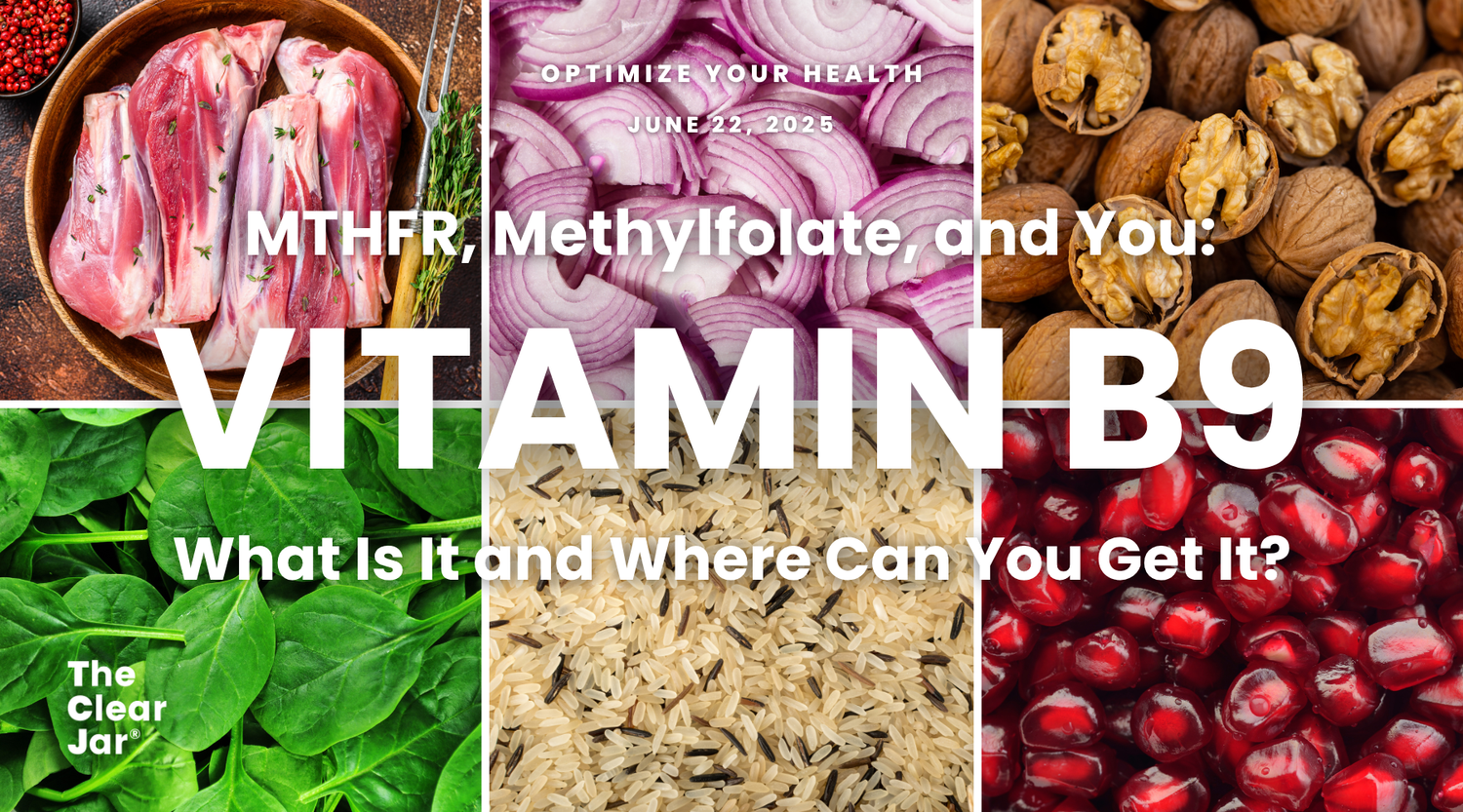Vitamin D is a fat-soluble vitamin that is available in a limited number of sources, but it can also be uniquely made in your skin after sunlight exposure. Here, we explore the importance of the ‘sunshine vitamin’, how you can get it, and why you might need to consider supplementation.
Content Outline
- What is Vitamin D?
- What is the function of Vitamin D in the human body?
- Vitamin D forms: Which is the active form?
- Vitamin D-rich foods
- Vitamin D recipe: Creamy mushrooms and egg on toast
- Vitamin D supplements
- Why buy food-born vitamins?
What is Vitamin D?
Vitamin D is a fat-soluble vitamin crucial for maintaining bone health, immune function, and general well-being.
Vitamin D is unique because, unlike other essential vitamins where you need to eat certain foods to obtain them, your body can make vitamin D from sunlight exposure. Because of this, vitamin D is often called the ‘sunshine vitamin’.
However, many people, especially those in areas with limited sunlight, struggle to get adequate amounts of sun exposure needed to produce healthy levels of vitamin D. It is estimated that 1 billion people worldwide have low vitamin D levels[i].
What is the function of Vitamin D in the human body?
Vitamin D has several important functions in the human body, including:
- Calcium and phosphate regulation: Vitamin D is important for the absorption of calcium and phosphate which are critical for maintaining strong teeth and bones[ii].
- Immunity: Vitamin D regulates immune responses, reduces inflammation, and may lower the risk of some infections and autoimmune conditions[iii].
- Muscle function: An adequate level of vitamin D is associated with a lower risk of falls in the elderly population, likely to be because of improved neuromuscular function[iv].
- Mood and brain health: Low vitamin D levels are linked to mood changes, such as depression and anxiety. It has antioxidant properties that can positively act on the areas of the brain responsible for controlling mood[v].
- Cancer prevention: Vitamin D has been shown to have anti-cancer benefits against many cancer types. One study found that improving vitamin D status reduced all cancer risk in postmenopausal women[vi].
Vitamin D forms: Which is the active form?
There are two main dietary forms of vitamin D available:
- Vitamin D2 – also known as ergocalciferol, is present in some plants, yeasts, and mushrooms.
- Vitamin D3 – is produced by your skin when but is also naturally found in egg yolks and oily fish. This type is also known as cholecalciferol[vii].
Before your body can use vitamin D, it must be converted to its active form. This occurs in two steps as shown in Figure 1[viii].

Figure 1. Conversion of vitamin D3 into its active form. (Source: Six Foot Science)
Step 1:
When your skin is exposed to the UVB rays of the sun, it converts a precursor of vitamin D called 7-dehydrocholesterol in the skin into vitamin D3.
Step 2:
Vitamin D3 is then converted to calcidiol or 25(OH)D in the liver. This type of vitamin D3 can be stored for later use.
Did you know? Stored vitamin D can last up to 50 days without sunlight exposure and no dietary intake of vitamin D[ix].
Step 3:
Next, calcidiol is converted to calcitriol or 1,25(OH)2D by your kidneys. This is the active form of vitamin D[x]. Calcitriol binds to the vitamin D receptors found in almost all the cells in your body.
Vitamin D-rich foods
The BEST natural form of vitamin D comes from sunlight. You should aim to get safe sunlight exposure for 5 to 15 minutes at midday every day between March and October.
Certain foods provide vitamin D; however, these are limited but include:
- Fatty fish: salmon, mackerel, sardines, and tuna
- Egg yolks: natural source of vitamin D, especially free-range varieties
- Mushrooms: varieties like chestnut, chanterelles, and portobello mushrooms are rich in vitamin D[xi]
- Dairy products: some milk, yoghurt, and other dairy products naturally contain or are fortified with vitamin D
- Fortified food: foods like breakfast cereal, bread, and plant-based milks may be fortified with vitamin D to help you reach your daily needs
Vitamin D recipe: Creamy mushrooms and egg on toast
You can support your skin’s natural conversion of 7-dehydrocholesterol to the active form of vitamin D by increasing your consumption of vitamin D-rich foods.
Although there are limited foods available that naturally contain vitamin D, there are some excellent nutritious choices, including mushrooms and eggs.
This simple and nutritious dish which combines vitamin D-rich mushrooms and eggs, makes the perfect breakfast or a delicious light midday meal.
Ingredients:
- 2 slices of vitamin D-fortified wholegrain or sourdough bread
- 1 cup of vitamin D-fortified mushrooms (Chestnut, Portobello, Shiitake, button)
- 2 eggs
- 1 tbsp of olive oil
- 1 minced garlic clove
- 2 tbsp plain Greek yoghurt or crème fraiche
- Pinch of salt and pepper
- Fresh chives or parsley to garnish
Method:
- Heat the olive oil in a pan over a medium heat.
- Add the garlic and mushrooms to the pan and sauté until they are slightly golden and soft – usually about 5 mins. Season with salt and pepper.
- In another pan, poach or fry the eggs, depending on your preference.
- Toast the bread until golden brown.
- Spread a thin layer of Greek yoghurt or crème fraiche onto the toast, then top the sauteed mushrooms.
- Place the egg on top and garnish with chives or parsley.
This dish is a great way to top up your daily vitamin D intake but also provides a healthy amount of protein and fat that are needed for a balanced diet.
Vitamin D supplements
Although adequate sunlight exposure should be enough to keep your vitamin levels topped up, some people may need supplementation to support their bones, immunity, and mood.
Some of the people who might benefit most are:
- People with limited sunlight exposure such as those who spend most of their time indoors or are in residential care or prison, people who wear full-body clothing for cultural or religious reasons, or anyone who lives in an area where the winter is long causing them to not get enough sunlight for natural vitamin D production.
- People with darker skin because higher levels of melanin in the skin can reduce the body’s ability to produce vitamin D naturally from sunlight[xii].
- Older adults because increasing age can make the skin less efficient at producing vitamin D. They may also spend less time outdoors which can increase the risk of deficiency[xiii].
- Pregnant or breastfeeding women because of the increased nutritional demands being placed on the body. Taking a vitamin D supplement can support your health and the growing needs of your baby.
- Individuals with malabsorption conditions may benefit from vitamin D supplementation, such as Crohn’s disease, coeliac disease, or anyone who has undergone bariatric surgery who may have difficulty absorbing nutrients from food.
- Anyone at a greater risk of osteoporosis or bone fractures should consider vitamin D supplements as they are important for supporting calcium absorption and general bone health.
Which type of Vitamin D supplement is best?
Vitamin D supplements are available in 2 forms, D2 and D3.
Vitamin D2 is the plant form of vitamin D and is often found in fortified foods and some supplements. If you are following a plant-based, Vegan, or vegetarian diet, vitamin D2 supplements may be preferable.
Vitamin D3, on the other hand, is naturally found in animal foods, but Vegan friendly D3 supplements are available.
Vitamin D3 supplements are generally recommended over D2 because they tend to be more effective at raising blood levels[xiv].
Why buy food-born vitamins?
Vitamin D or the ‘sunshine vitamin’ is an important yet unique nutrient because the human body has the ability to make it via the skin as well as acquire it in the diet. It has a wide variety of benefits from supporting bone health to protecting you against illness, and even boosting your mood.
Adequate sunlight exposure is the best way to ensure you have optimal vitamin D stores, but you can also increase your intake by eating foods such as oily fish, eggs, and mushrooms. However, if your dietary intake is low or you don’t get enough sunlight exposure, supplements are an important option for supporting and maintaining your health.
The Clear Jar provides several food-born supplements, including Vitamin D, which have several advantages over artificial sources, including:
- improved bioavailability, absorption, and synergy
- reduced risk of toxicity
- 100% food-based
- no added fillers
- cost-effective
Check out our shop to explore the range.
Written by: Leanne Edermaniger
Sources
[i] Palacios C, Gonzalez L. Is vitamin D deficiency a major global public health problem? J Steroid Biochem Mol Biol. 2014 Oct;144 Pt A:138-45. doi: 10.1016/j.jsbmb.2013.11.003. Epub 2013 Nov 12. PMID: 24239505; PMCID: PMC4018438.
[ii] Carmeliet G, Dermauw V, Bouillon R. Vitamin D signaling in calcium and bone homeostasis: A delicate balance. Best Practice & Research Clinical Endocrinology & Metabolism. 2015 Aug;29(4):621–31. doi:10.1016/j.beem.2015.06.001
[iii] Aranow C. Vitamin D and the immune system. J Investig Med. 2011 Aug;59(6):881-6. doi: 10.2310/JIM.0b013e31821b8755. PMID: 21527855; PMCID: PMC3166406.
[iv] Rejnmark L. Effects of vitamin d on muscle function and performance: a review of evidence from randomized controlled trials. Ther Adv Chronic Dis. 2011 Jan;2(1):25-37. doi: 10.1177/2040622310381934. PMID: 23251739; PMCID: PMC3513873.
[v] Akpınar Ş, Karadağ MG. Is Vitamin D Important in Anxiety or Depression? What Is the Truth? Curr Nutr Rep. 2022 Dec;11(4):675-681. doi: 10.1007/s13668-022-00441-0. Epub 2022 Sep 13. PMID: 36097104; PMCID: PMC9468237.
[vi] Lappe JM, Travers-Gustafson D, Davies KM, Recker RR, Heaney RP. Vitamin D and calcium supplementation reduces cancer risk: results of a randomized trial. Am J Clin Nutr. 2007 Jun;85(6):1586-91. doi: 10.1093/ajcn/85.6.1586. Erratum in: Am J Clin Nutr. 2008 Mar;87(3):794. PMID: 17556697.
[vii] Tripkovic L, Lambert H, Hart K, Smith CP, Bucca G, Penson S, Chope G, Hyppönen E, Berry J, Vieth R, Lanham-New S. Comparison of vitamin D2 and vitamin D3 supplementation in raising serum 25-hydroxyvitamin D status: a systematic review and meta-analysis. Am J Clin Nutr. 2012 Jun;95(6):1357-64. doi: 10.3945/ajcn.111.031070. Epub 2012 May 2. PMID: 22552031; PMCID: PMC3349454.
[viii] Kolluru V. Vitamin D activation and function: Does D do dat? =d [Internet]. Six Foot Science; 2023 [cited 2025 Feb 19]. Available from: https://www.sixfootscience.com/brain-snips/vitamin-d-activation-and-function-does-d-do-dat-d-k3l9j
[ix] Martinaityte I, Kamycheva E, Didriksen A, Jakobsen J, Jorde R. Vitamin D stored in fat tissue during a 5-year intervention affects serum 25-hydroxyvitamin D levels the following year. The Journal of Clinical Endocrinology & Metabolism. 2017 Jul 26;102(10):3731–8. doi:10.1210/jc.2017-01187
[x] Martinaityte I, Kamycheva E, Didriksen A, Jakobsen J, Jorde R. Vitamin D stored in fat tissue during a 5-year intervention affects serum 25-hydroxyvitamin D levels the following year. The Journal of Clinical Endocrinology & Metabolism. 2017 Jul 26;102(10):3731–8. doi:10.1210/jc.2017-01187
[xi] Cardwell G, Bornman JF, James AP, Black LJ. A Review of Mushrooms as a Potential Source of Dietary Vitamin D. Nutrients. 2018 Oct 13;10(10):1498. doi: 10.3390/nu10101498. PMID: 30322118; PMCID: PMC6213178.
[xii] Libon F, Cavalier E, Nikkels AF. Skin color is relevant to vitamin D synthesis. Dermatology. 2013;227(3):250-4. doi: 10.1159/000354750. Epub 2013 Oct 17. PMID: 24134867.
[xiii] Gallagher JC. Vitamin D and aging. Endocrinol Metab Clin North Am. 2013 Jun;42(2):319-32. doi: 10.1016/j.ecl.2013.02.004. Epub 2013 Apr 9. PMID: 23702404; PMCID: PMC3782116.
[xiv] van den Heuvel EGHM, Lips P, Schoonmade LJ, Lanham-New SA, van Schoor NM. Comparison of the effect of daily vitamin D2 and Vitamin D3 Supplementation on serum 25-hydroxyvitamin D concentration (total 25(OH)d, 25(OH)D2, and 25(OH)D3) and importance of body mass index: A systematic review and meta-analysis. Advances in Nutrition. 2024 Jan;15(1):100133. doi:10.1016/j.advnut.2023.09.016








